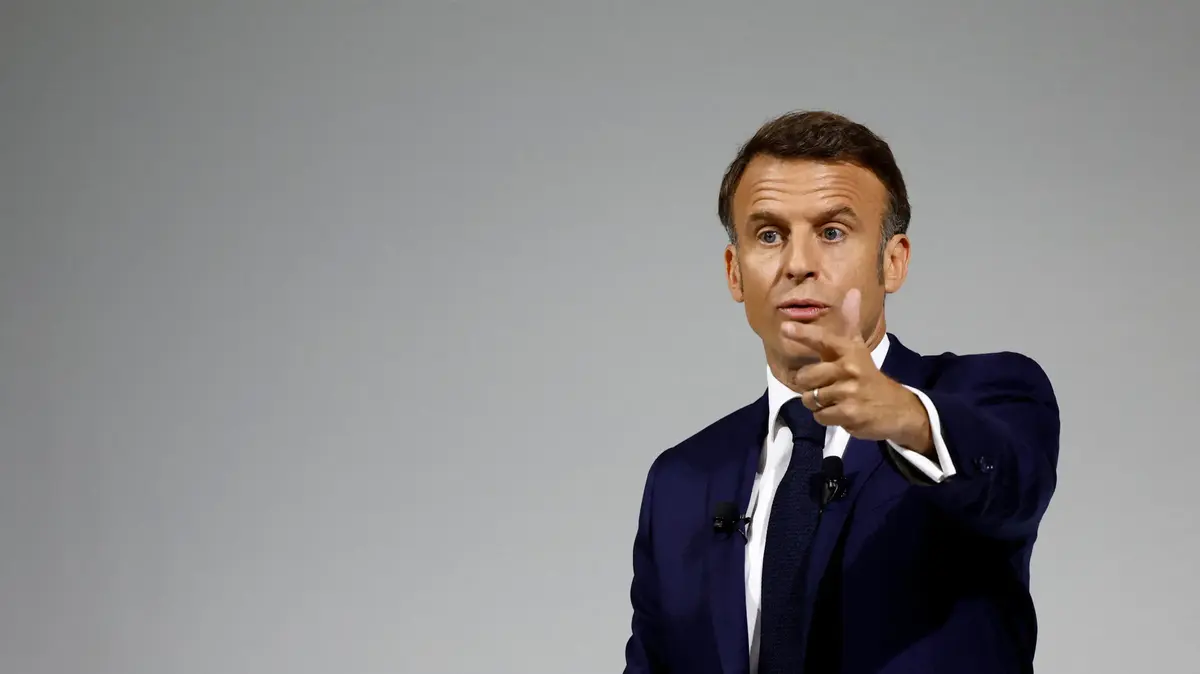The European Parliament Elections: A Pivotal Moment in French Politics
The political landscape in France is currently experiencing significant upheaval following President Emmanuel Macron's decision to dissolve parliament and call for snap elections. This move comes amidst a powerful surge in support for Marine Le Pen's far-right National Rally (formerly known as the National Front), which succeeded in the recent European Parliament elections. Polls indicate an expected win for the National Rally, with 28-year-old Jordan Bardella at the helm, securing 31% of the votes in the first round.
Political Turmoil and Alliances
This decision has thrown the country into political chaos, particularly among conservative parties. The leader of the Republican Party, Eric Ciotti, was ousted after expressing intentions to form an alliance with Le Pen's party, a move described by Macron as a 'deal with the devil.' Ciotti's proposition was seen as an attempt to consolidate power against Macron's centrist movement. Despite the internal strife within the Republicans, Ciotti argued that such an alliance was essential to maintaining political influence—without it, Republicans stood at a mere 8% in recent polls.
Macron's Strategy and Opposition
President Macron is calling on moderate left and right parties to join forces with his centrist coalition to block the far-right and far-left in the upcoming two-round elections on June 30 and July 7. Macron has emphasized his commitment to national stability, highlighting the economic risks posed by Le Pen's policies, which include increased government spending amidst a substantial national deficit. His administration also warns that a far-right majority could endanger France's defense budgets and stringent control over the immigration policy, potentially leading to a debt crisis akin to Liz Truss' turbulent term in the UK.
Prime Minister Gabriel Attal and Macron's cabinet are vigorously opposing the rise of the far-right, stressing that the election represents a choice between republican forces and extremism. High-profile ministers have publicly urged prominent French businesses to denounce the National Rally’s platform, drawing parallels to corporate rejections of Germany's far-right AfD party. Despite these efforts, Macron's 'Renaissance' party is currently trailing in the polls at 18%.
- Marine Le Pen, at the forefront of the National Rally, has spent years transforming the party's image from its origins under her father, Jean-Marie Le Pen, to a more mainstream political force. This transformation included rebranding the party in 2018 and distancing it from its historically racist and anti-Semitic rhetoric.
- Marine Le Pen's niece, Marion Marshall, has also thrown her support behind the National Rally, further solidifying its influence within France's far-right political sphere.
- The ideological disconnect within the Republican Party is palpable as many members and political allies call for Ciotti's resignation following his unilateral move to align with the far-right.
- Macron remains firm on his stance to defend the Republic's values, underlining the importance of economic policies that do not undermine the country's fiscal stability.






